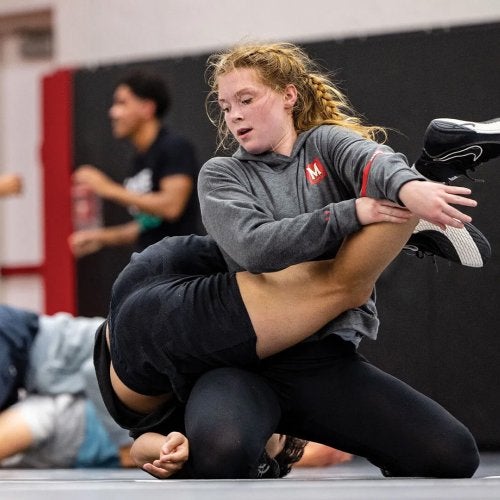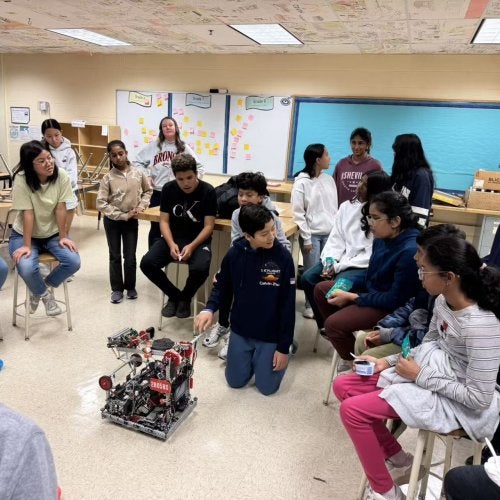

The Maryland Developmental Disabilities Council Funds "Terps-EXCEED" Inclusive Postsecondary Education Program at University of Maryland

COLLEGE PARK, MD. – The Maryland Developmental Disabilities Council awarded $100,000 to the University of Maryland Center for Transition and Career Innovation (CTCI) to create “Terps-EXCEED”, an inclusive higher education program for students with intellectual and developmental disabilities. The program will launch in the fall of 2021 with a small pilot of students.
“As an organization dedicated to the full inclusion of individuals with disabilities in all facets of community life, we know there is a tremendous need for high quality, inclusive college opportunities for people with intellectual and developmental disabilities. People with intellectual disabilities seek opportunities to work, learn, play and lead full, meaningful lives. An inclusive college experience is a pathway to those continued learning opportunities as well as important social interactions, life experiences, and employment,” said Rachel London, Executive Director for the Maryland Developmental Disabilities Council.
“We are pleased to be able to support post-secondary opportunities at UMD for students with disabilities,” said Jennifer King Rice, dean of the UMD College of Education. “With this funding from the Council, we can expand inclusive higher education programming and become a model for the state in serving students with intellectual and developmental disabilities, which helps to ensure college and career access for all.”
Students with intellectual and developmental disabilities have the lowest rates of both competitive employment and college enrollment compared to all other disability groups. Yet, students with intellectual disabilities who complete an inclusive postsecondary program achieve better employment outcomes, expand peer and social networks and increase independence.
Terps-EXCEED will provide a person-centered approach to inclusive postsecondary education and a diverse array of academic and nonacademic courses, career development and activities. Ultimately, the program is designed for Terps-EXCEED students to leave the program with an expanded social network of friends, colleagues and mentors, a meaningful credential, and better options for lifelong careers.
“The University of Maryland is the perfect place to launch a new inclusive college program for students with intellectual and developmental disabilities,” said Amy Dwyre D'Agati, senior faculty specialist at the UMD Center for Transition and Career Innovation. “We have so many opportunities - courses, internships, social activities - that a Big Ten school can offer, and so many departments are excited to bring this initiative to campus.”
"Having a program like this at the University of Maryland is such an obvious opportunity to harness the potential and talent of this population of students. Really it's a win-win for the Maryland community," said Kellie Racette, a parent of a child with a developmental disability in Howard County, Maryland.
The Council is committed to expanding opportunities for people with developmental disabilities in all facets of community life by eliminating barriers, creating opportunities, empowering people, and promoting innovation. The UMD College of Education is committed to furthering inclusive education for students with disabilities in both K-12 and higher education.
For more information about the Maryland Developmental Disabilities Council, visit www.md-council.org. For more information on the Center for Transition and Career Innovation, visit www.ctci-umd.org.
MEDIA CONTACT: Audrey Hill, Associate Director of Communications, UMD College of Education, 301-405-3468, audreyh@umd.edu;
Christy Russell, Director of Operations, Maryland Developmental Disabilities Council, 410-767-3671, crussell@md-council.org
This project was supported, in part by grant number CFDA 93.630, from the U.S. Administration for Community Living, Department of Health and Human Services, Washington, D.C. 20201. Grantees undertaking projects with government sponsorship are encouraged to express freely their findings and conclusions. Points of view or opinions do not, therefore, necessarily represent official ACL policy.




